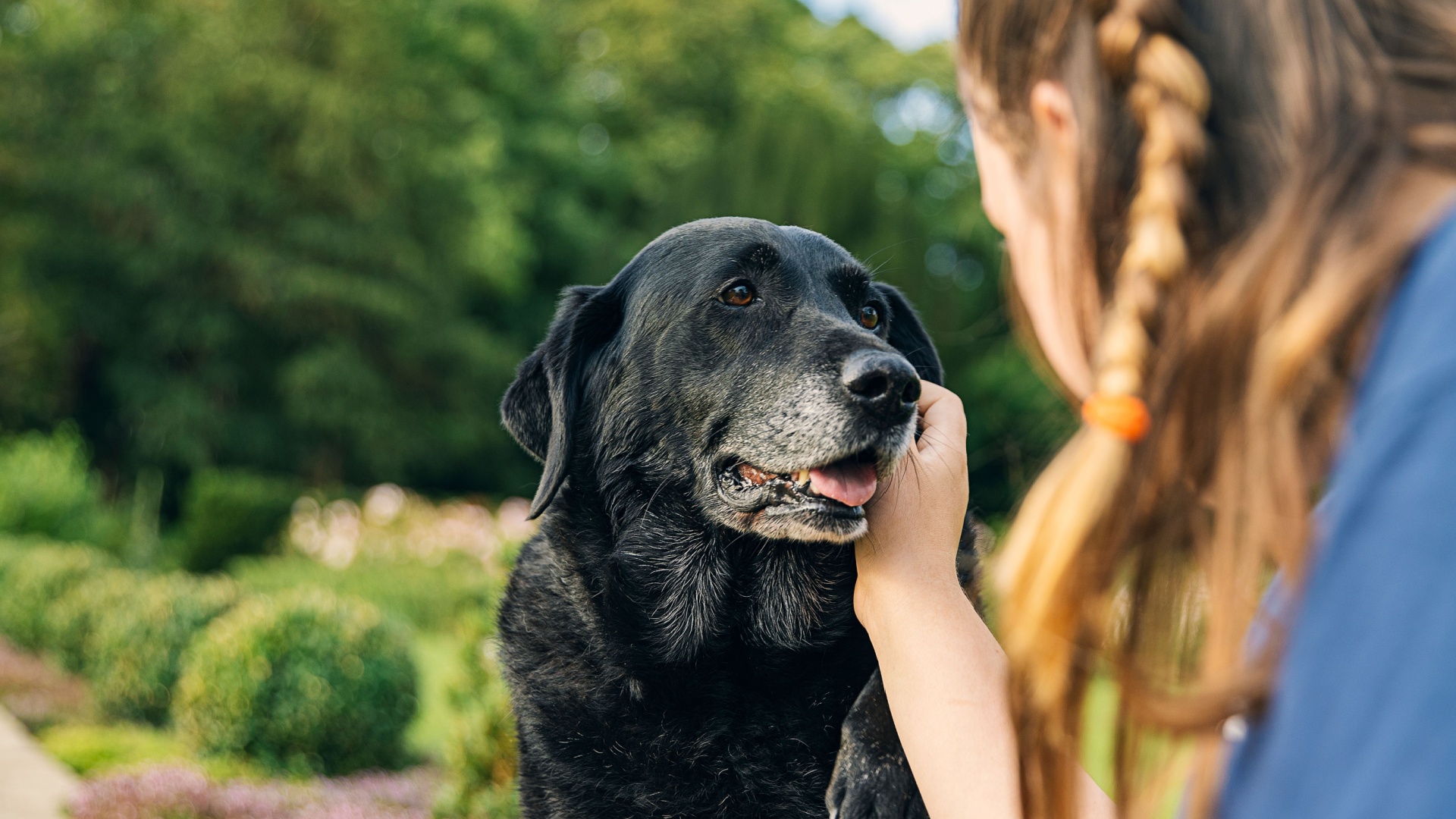Let’s set the scene. You’re at the shelter, surrounded by wagging tails and hopeful eyes, when a calm, gray-muzzled dog catches your gaze. They’re sitting quietly, watching the world with the kind of wisdom only time can bring.
But then doubt creeps in. “Aren’t older dogs harder to train? Will they even bond with me?” If you’ve ever had these thoughts, you’re not alone. Older dogs are often passed over for puppies, all because of stubborn myths that simply don’t hold water.
The truth? Senior dogs are the unsung heroes of the canine world! They’re super calm, grateful, and full of love to give. And guess what? They often make them some of the best companions you could ever ask for.
Yet these loyal and loving dogs are frequently overlooked, trapped by misconceptions that keep them from finding the homes they so richly deserve. It’s time to change that.
Their energy levels, trainability, and the incredible bonds they can form – all of those factor in! And you’ll see why older dogs might be the perfect choice for your next four-legged friend.
So, let’s get to the truth. Give these wise, wonderful pups the spotlight they deserve!
1. Old Dogs Can’t Learn New Tricks
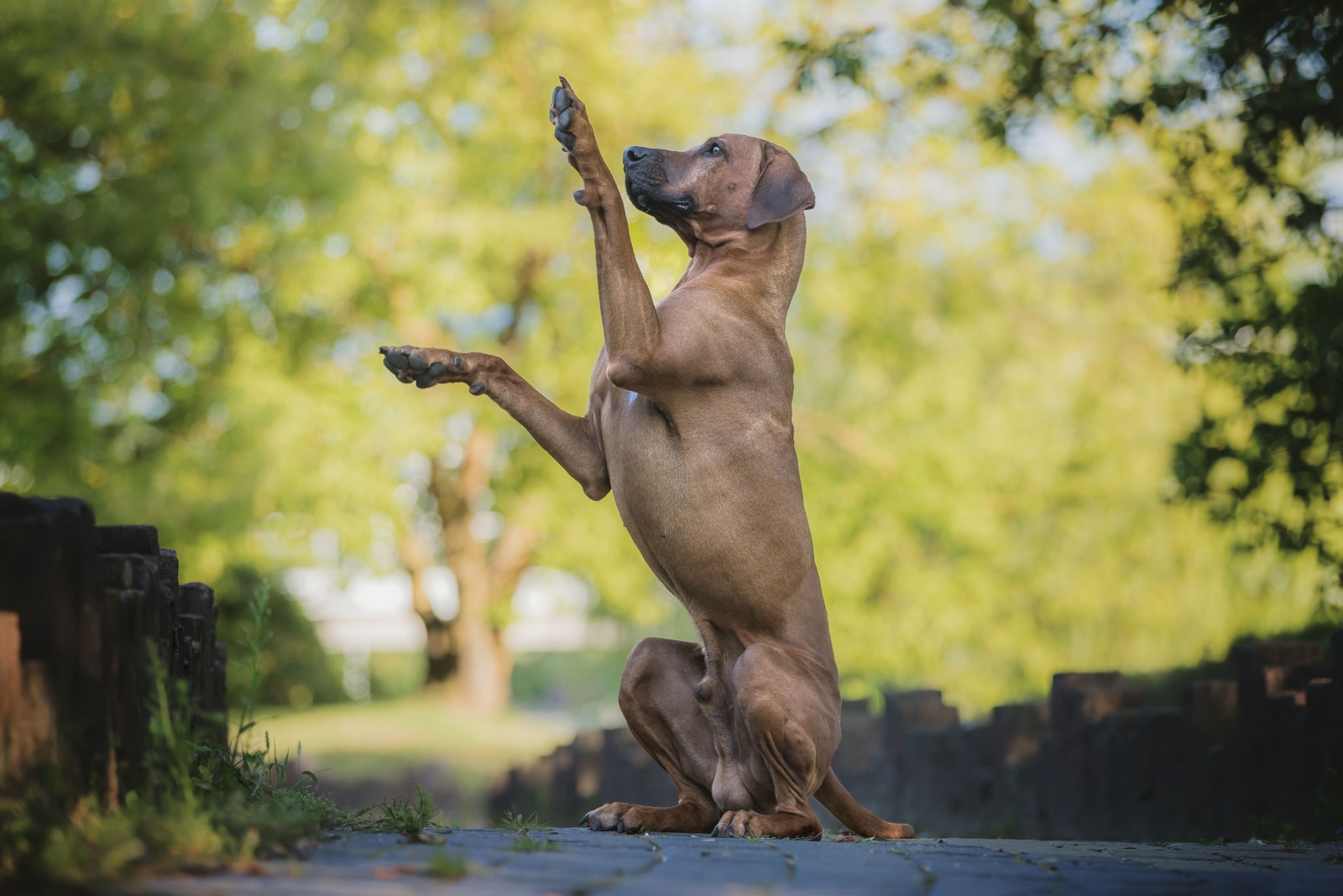
We’ve all heard the good ol’ proverb, “You can’t teach an old dog new tricks.” But it couldn’t be further from the truth!
Older dogs may not have the frenetic and crazy energy of a puppy, but what they lack in zoomies, they make up for with focus and patience. They can absolutely learn new tricks, commands, and behaviors with the right motivation.
Older dogs often do the best at training because they’re calmer and less distracted than young pups. It doesn’t matter whether it’s learning to sit, shake, or master some wild agility obstacles!
Senior dogs prove every day that they’re lifelong learners. That means that you shouldn’t shy away from teaching your older dog something new. Enjoy the challenge and the bonding time!
2. Older Dogs Are Always Sick

Do older dogs come with a permanent “fragile” label? Not at all! While it’s true that age increases the likelihood of certain conditions, it doesn’t mean every older dog is sick or frail.
Many senior dogs stay vibrant, active, and healthy well into their golden years, especially with proper care. Routine vet visits, balanced nutrition, exercise, and early detection of issues can keep them thriving.
Remember, aging isn’t a disease. It’s a natural process! You’re getting older with your doggo! With lots of love and preventive care, an older dog can still enjoy tail-wagging adventures and a happy, healthy life.
3. Older Dogs Have Low Energy

Older dogs aren’t lazy couch potatoes! Don’t assume that, because you will be surprised at how agile these puppers are! It may be true that senior dogs don’t have the endless energy of a puppy, they still enjoy being active.
But this enjoyment comes in different ways that suit their age and fitness level! Long walks, gentle games of fetch, or mentally stimulating activities like puzzle toys can keep them engaged and happy.
In fact, older dogs often strike the perfect balance: they’re active enough to have fun, but calm enough not to leave you breathless.
That’s why you better not count them out! Many senior dogs are just waiting for the right adventure buddy to prove their zest for life.
4. Older Dogs Don’t Bond With New Owners

“But will they love me like I’m their own?” Absolutely. Don’t doubt it, at all!
One of the most heartwarming things about older dogs is their ability to bond deeply with new families.
They may come with a history, but that history often makes them even more grateful for a second chance at love. Maybe you adopt a senior dog from a shelter or inherit one from a loved one. You’ll notice something interesting!
Despite their old age, you will find that they form loyal, loving attachments quicker than you’d expect. Older dogs know what it means to be cared for, and they show their appreciation with endless devotion and snuggles.
5. Older Dogs Are a Financial Burden
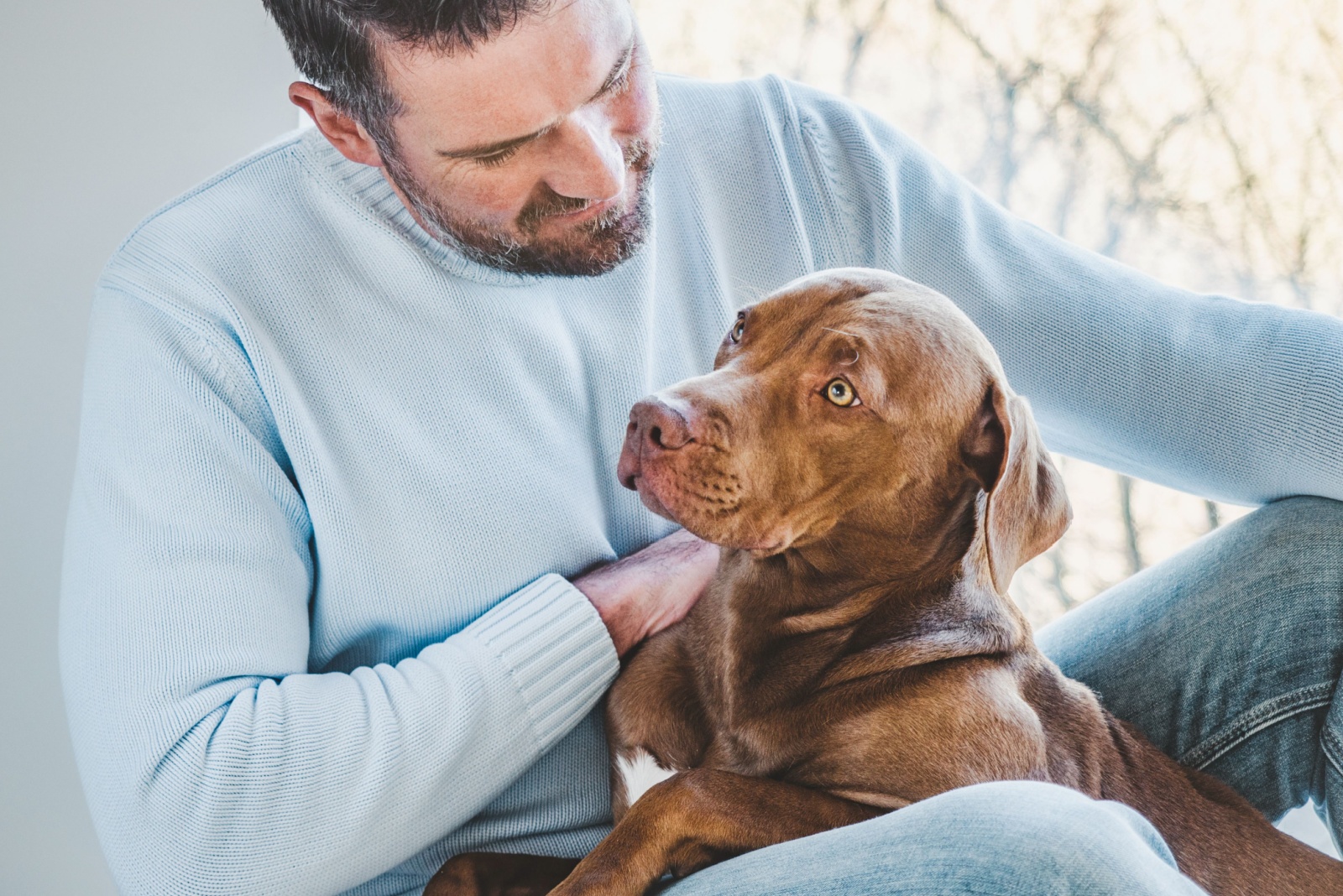
If for some reason you think that an older dog will break the bank, stay skeptical! It’s not necessarily the case. Senior dogs may need extra vet visits or specialized care, but it doesn’t mean they’re an automatic financial burden.
Preventive care, like regular check-ups, dental cleanings, and a healthy diet, can go a long way in keeping costs manageable. It’s not much work when compared to a younger dog!
To add, senior dogs require less overall maintenance than puppies most of the time. No expensive training classes, chew toys, or constant vet visits for puppy mishaps.
In other words: adopting a senior often means skipping the costly zoomy chaos of the puppy years! All in all, the love and companionship they provide far outweigh the price tag.
6. Older Dogs Are Unadoptable
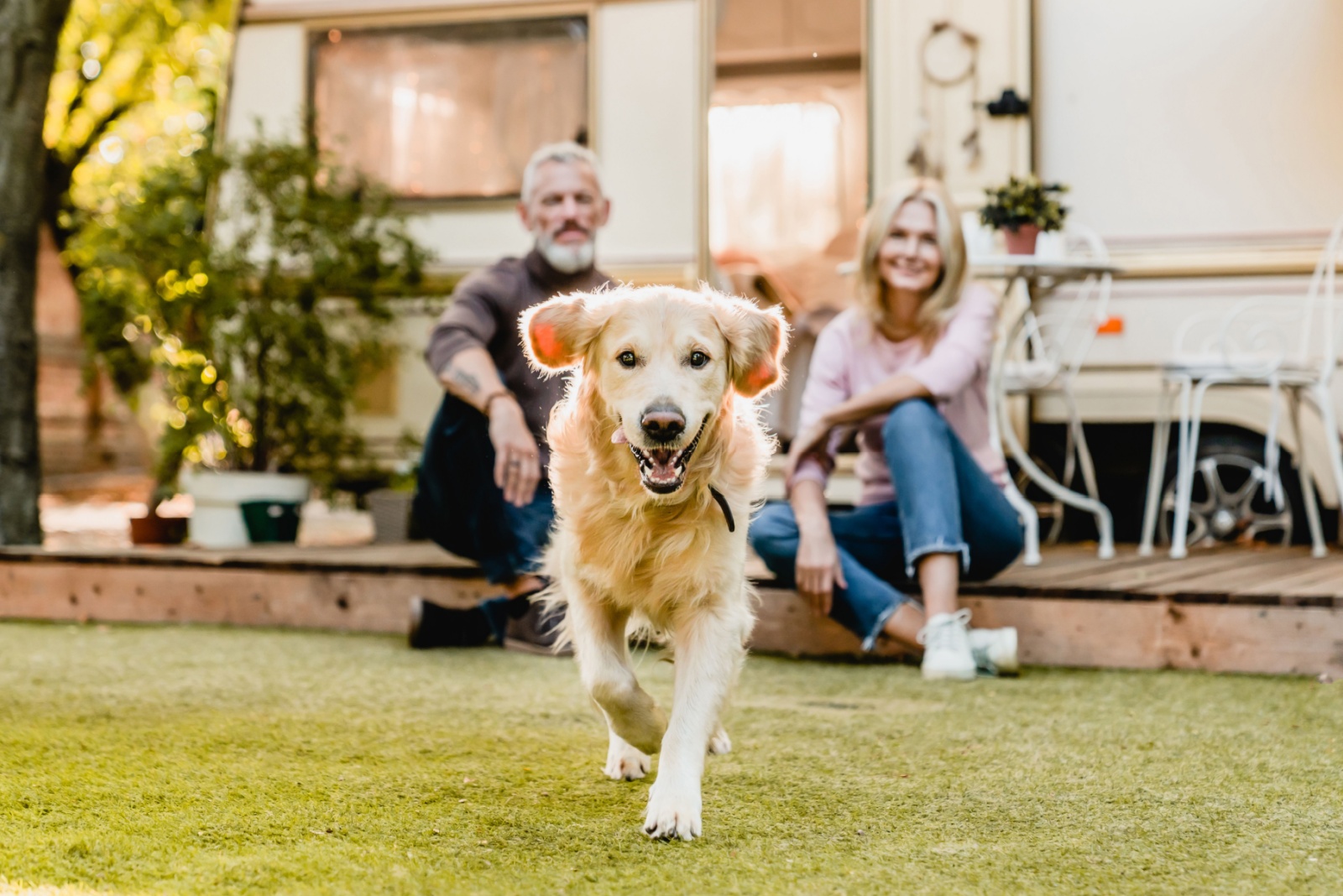
I’ve heard people say things like, “Nobody wants an old dog.” Oh, come on! That’s just heartbreaking. And it’s simply untrue!
Older dogs make some of the best companions you could ever ask for! They have something that younger pups lack: a calm demeanor, established personalities, and gratitude for a loving home make them irresistible to the right people.
Many adopters appreciate that senior dogs are often house-trained, well-behaved, and free of the wild chaos of puppyhood. Plus, adopting a senior dog can be incredibly rewarding.
Dogs of an older age still have so much love to give, and you’ll have the satisfaction of knowing you gave them the best years of their life. Don’t overlook the older dogs at shelters. They could be just what you’re looking for!
7. Older Dogs Can’t Be Around Kids Or Other Pets
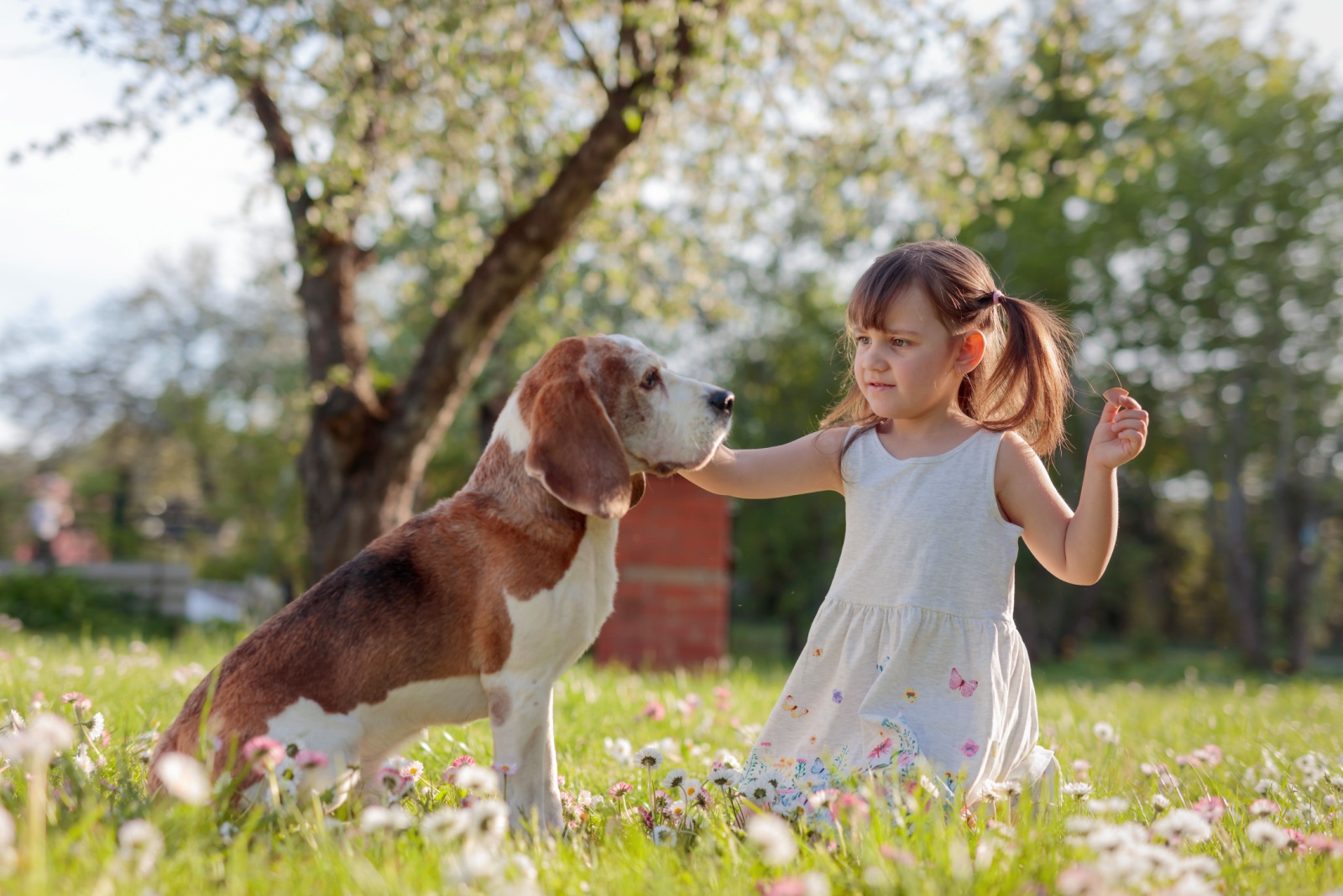
What’s the next preconception I will undo? Hmm. Well, if you think senior dogs are “too grumpy” to play well with others? Think again.
Older dogs have gentle, mellow temperaments that make them perfect friends for children or other pets. They’re less excitable and more predictable than puppies, which makes them easier to manage in a busy household.
Give them proper instructions and a little patience, and an older dog can be the best option for kiddos, cats, and other dogs! They bring a calming presence to the home, teaching kids and pets alike the value of kindness, patience, and respect.
8. It’s Too Late To Improve Their Health
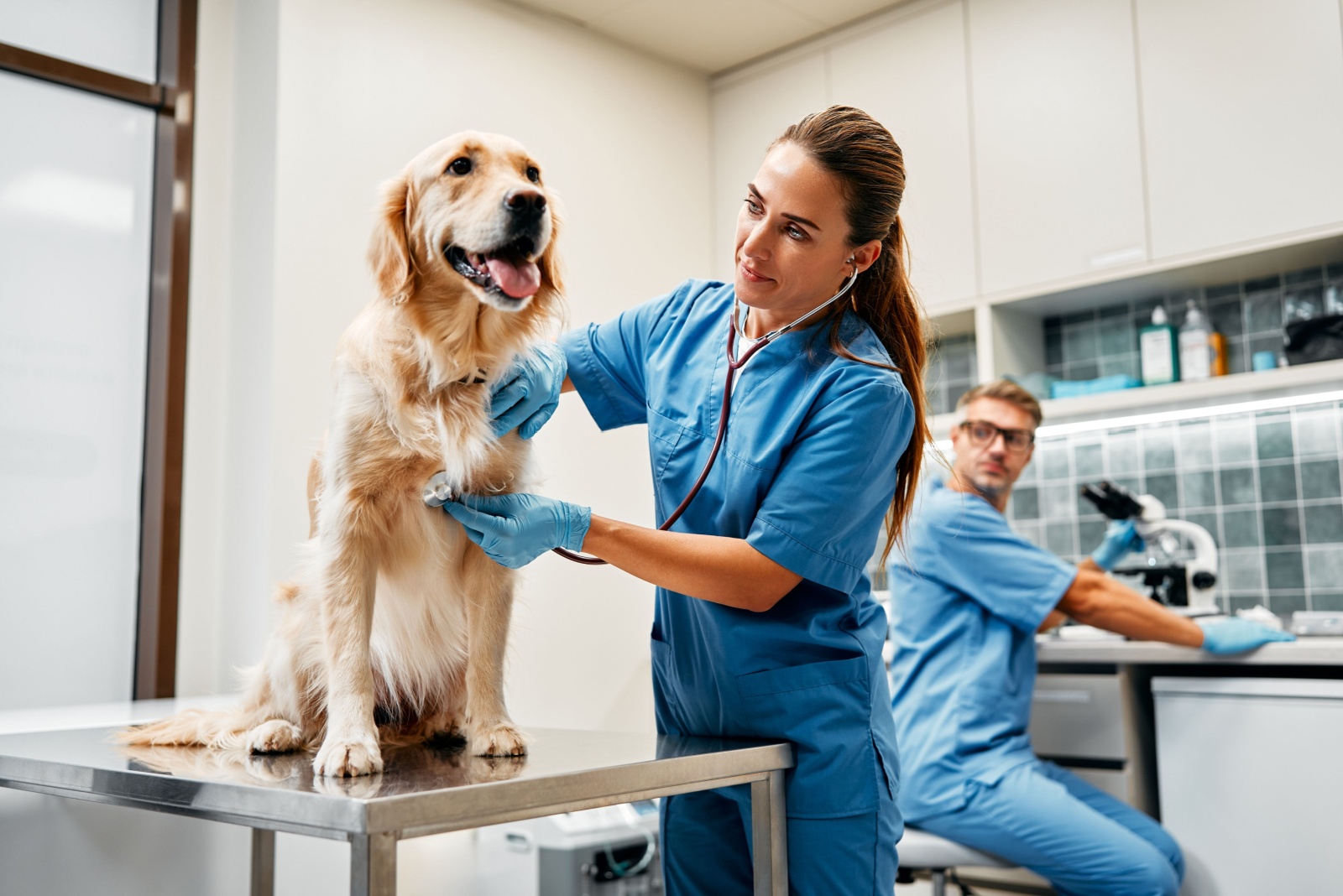
It is a common sentiment that there’s nothing more you can do for an old dog healthwise. Actually, there’s plenty!
No matter their age, it’s never too late to improve a dog’s health and quality of life. Making simple changes, like upgrading their diet, starting gentle exercise, or scheduling regular vet check-ups, can have an enormous impact.
Even older dogs experiencing health issues can benefit from early intervention, medication, or lifestyle adjustments. You’ll be amazed at how much brighter they look and feel with a little extra care.
Whether they’re 7 or 17, senior dogs deserve to live their best lives possible, and you can help make it happen!
9. Older Dogs Don’t Need Exercise
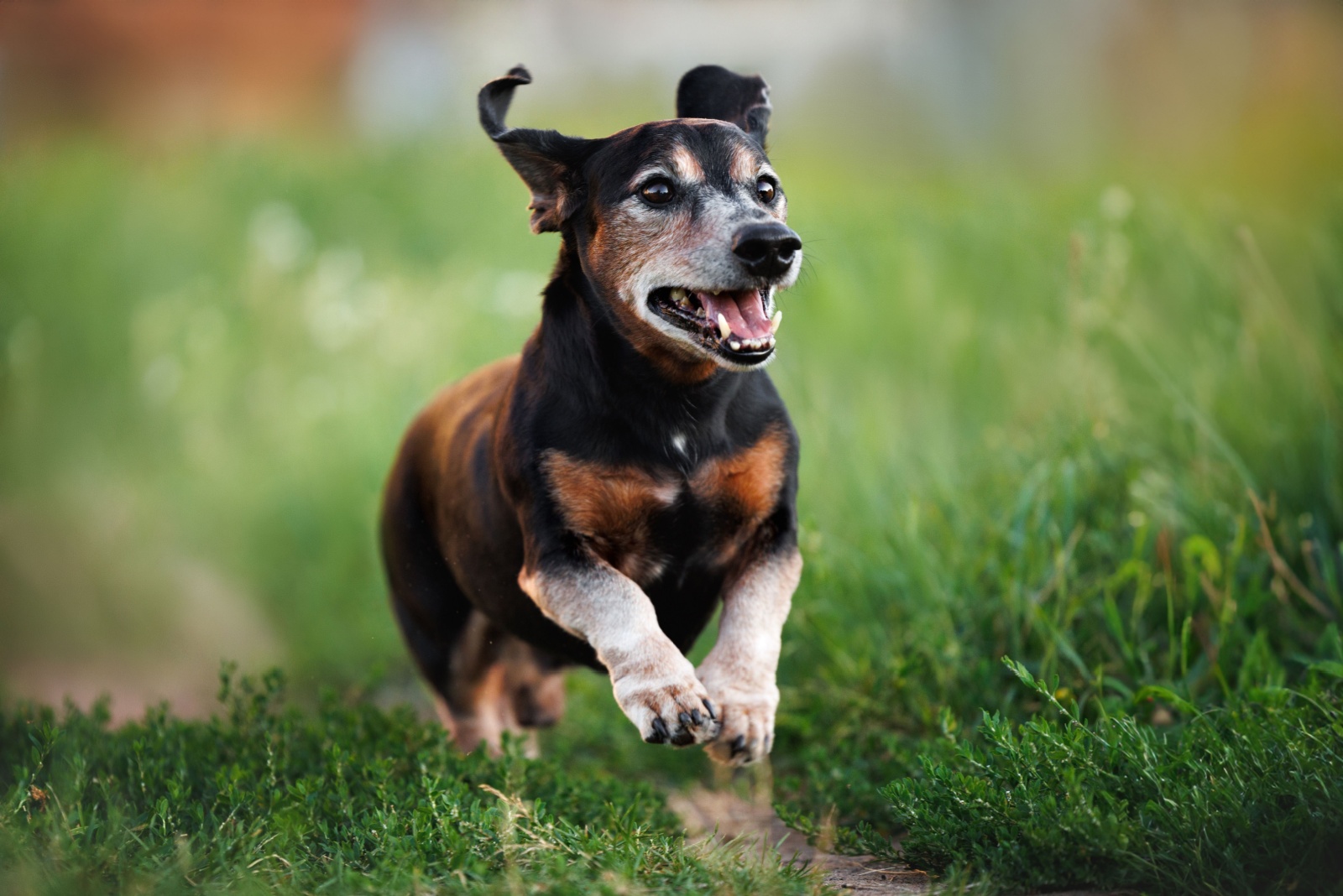
Think your senior dog prefers snoozing to strolling? Not so fast!
Even older dogs benefit greatly from regular exercise. It keeps their joints healthy, muscles strong, and minds sharp.
Of course, you should always adjust exercise routines should to suit their age and health. Short, leisurely walks, low-impact games, or even gentle swimming can do wonders for their overall well-being.
Plus, physical activity provides mental stimulation, which is just as important for older dogs. So grab the leash and head out. Your senior dog will thank you for it with serene nuzzles and happy memories!

